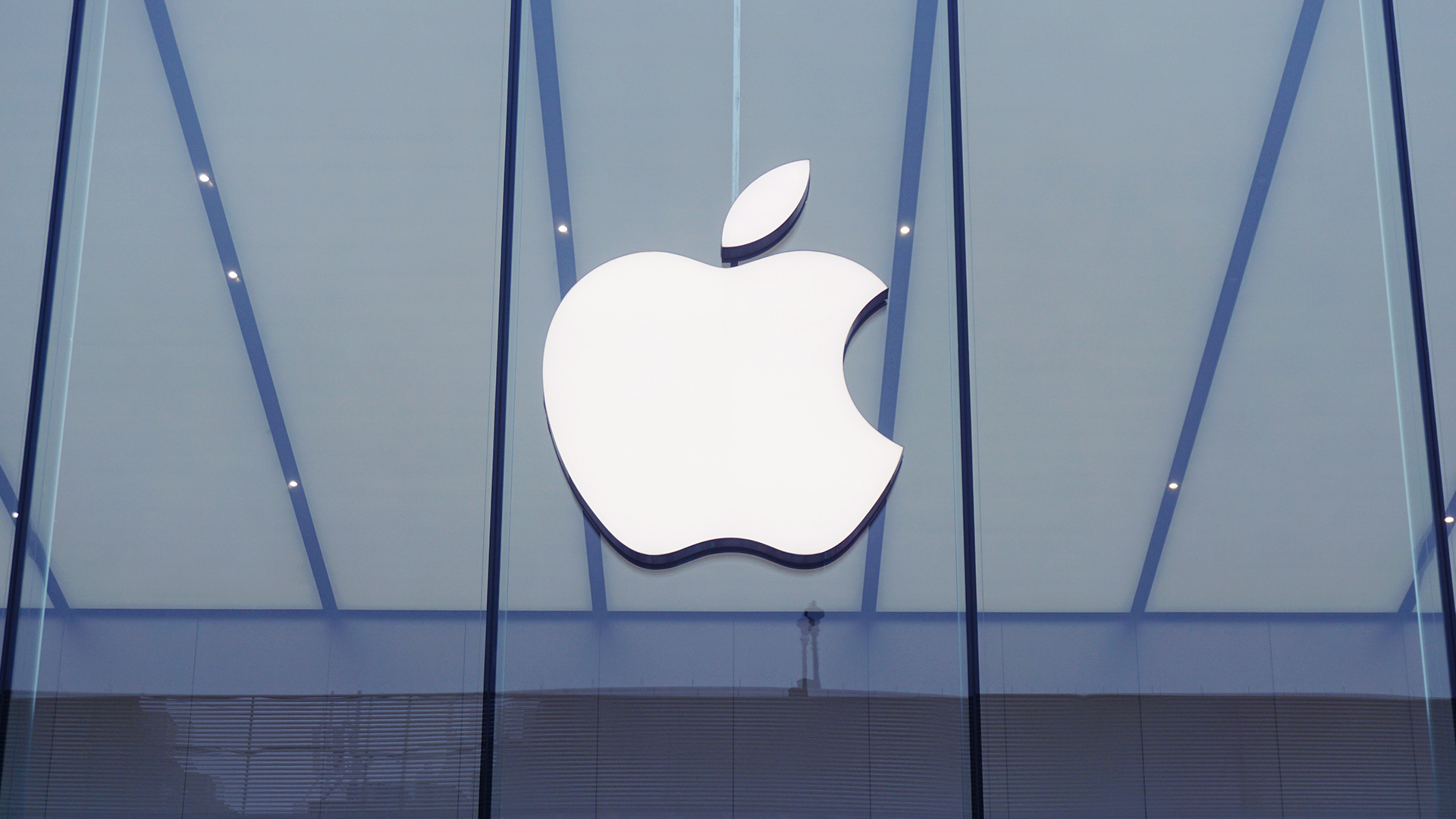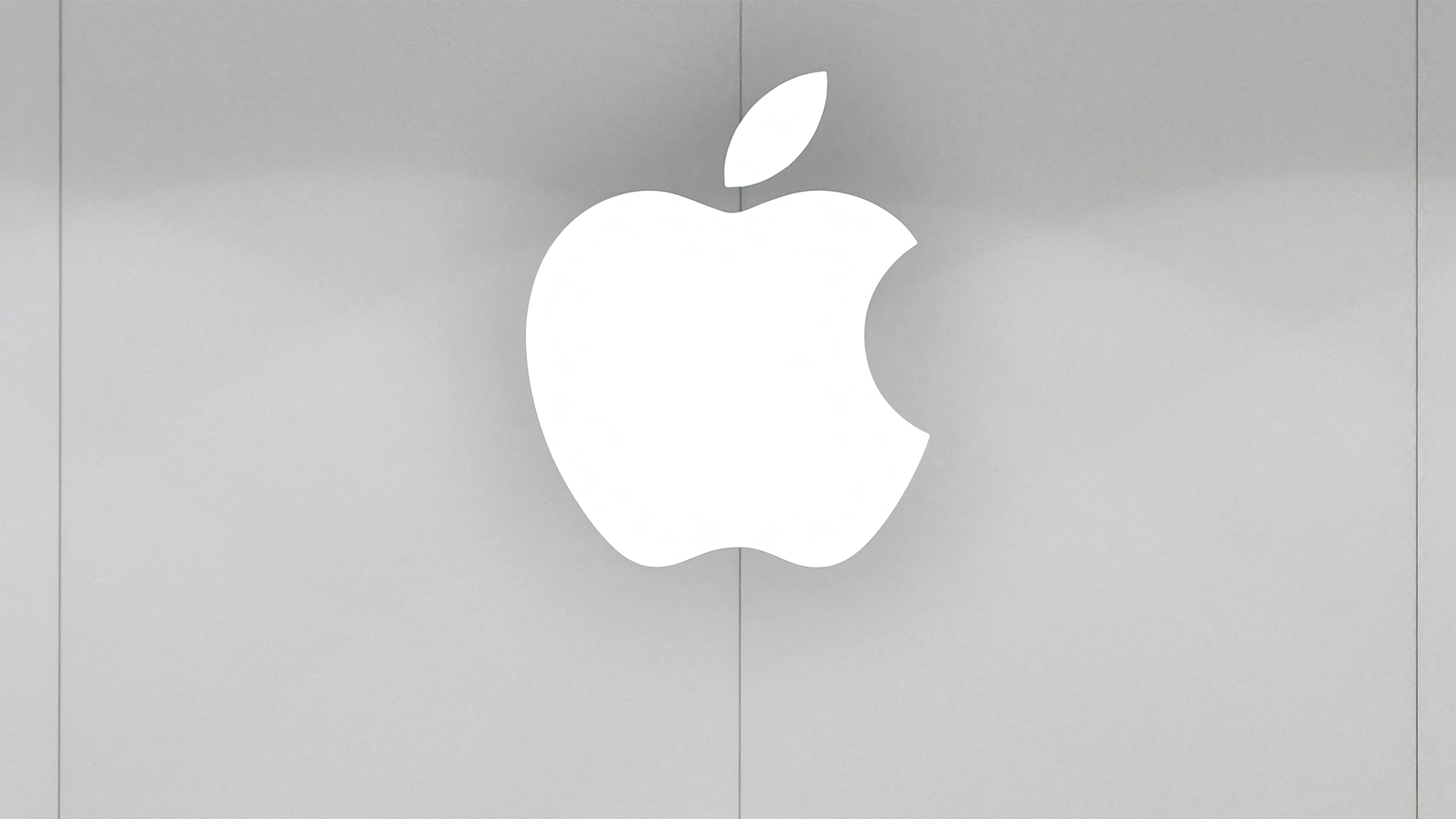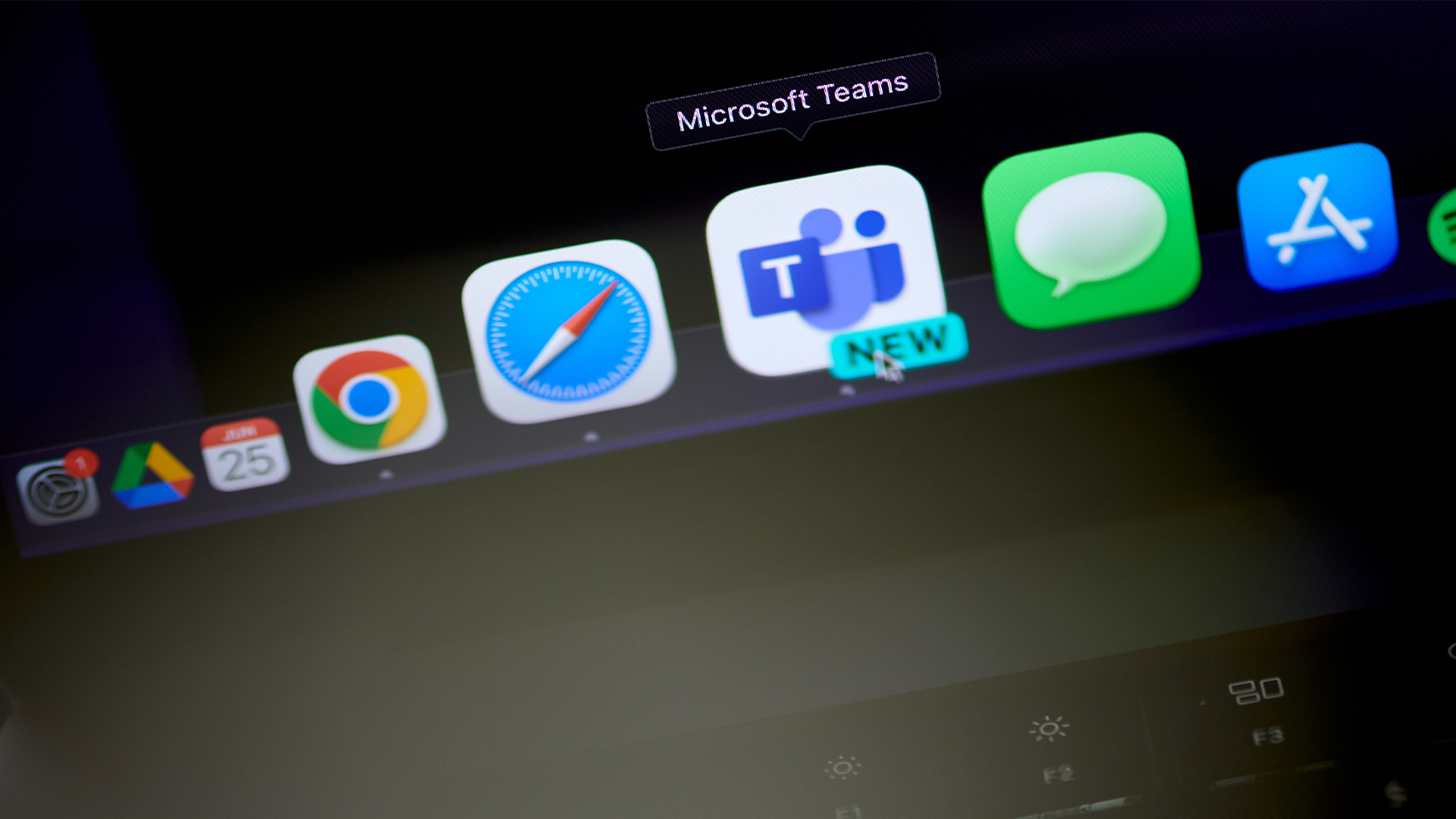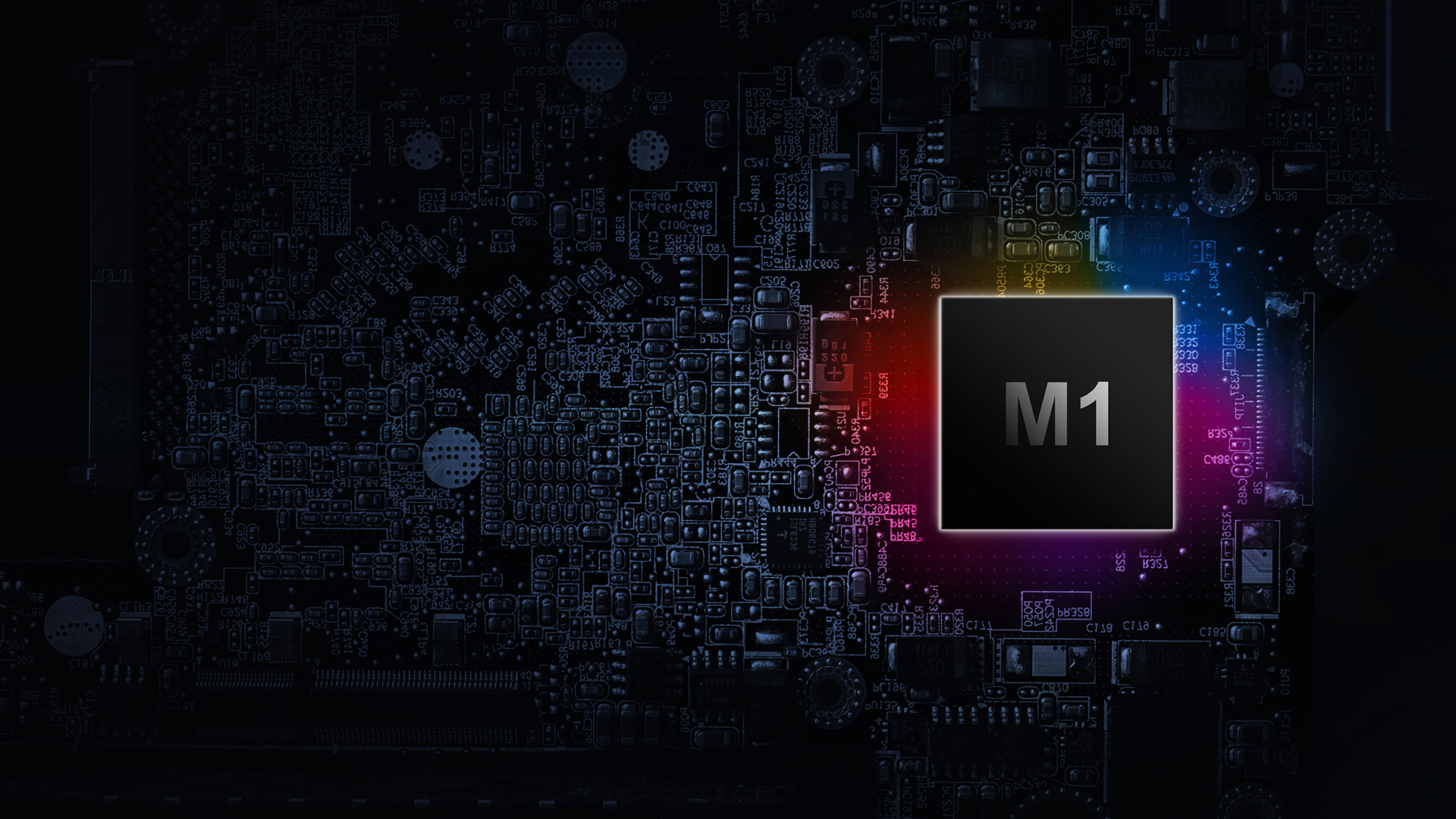GPU memory vulnerability could allow hackers to access LLM responses - and Apple, Qualcomm, and AMD products were all at risk
The GPU memory vulnerability could've left large language models wide open to exploitation by threat actors


A GPU memory vulnerability dubbed ‘LeftoverLocals’ could expose LLM responses to hackers through leftover local memory, researchers have warned.
Apple, Qualcomm, AMD, and Imagination are among the big name GPU vendors named as vulnerable according to research posted on the Trail of Bits blog. The GPUs have all been vulnerable to varying extents from as far back as September 2023, when researchers first began their investigation.
Researchers were able to build a proof of concept (PoC) of the potential attack, citing an attached video in which they listen in to another user’s interactive LLM session by recovering a GPUs local memory.
From their tests, the researchers concluded that ‘LeftoverLocals’ could leak around 5.5mb per GPU invocation on an AMD Radeon RX 7900 XT, enough data to reconstruct an LLM with worryingly high precision.
With GPUs used extensively to support the high performance requirements of AI inferencing, this news is likely to raise serious concerns among enterprise AI users.
Eleanor Watson, IEEE member and AI ethics engineer at Singularity university, told ITPro that although this particular vulnerability would require physical access to a GPU, the research highlights serious data protection risks.
“Whilst this particular type of exploit requires direct access to the GPU and its memory, it’s indicative of the challenges of keeping our interactions with AI systems private,” she said.
Sign up today and you will receive a free copy of our Future Focus 2025 report - the leading guidance on AI, cybersecurity and other IT challenges as per 700+ senior executives
“I expect that further vulnerabilities will be uncovered which are broadly applicable to a wide range of LLM systems, leading to a widespread doxxing of interactions and generations, and associated embarrassment,” she added.
Vendors have acted swiftly on GPU memory vulnerability
To defend against the vulnerability, GPUs need a built in system to clear local memory between kernel calls. Some GPU vendors, including Nvidia and Intel, are already doing this, whereas others need to keep pace.
In response to the news of ‘LeftoverLocals’, AMD stated plans to create a new mode that “prevents processes from running in parallel on the GPU and clears local memory between processes on supported products”, with an expected rollout of said mode by March 2024.
“This mode would be designed to be set by an administrator and not enabled by default,” the firm said in an advisory. “Supporting documentation for the new mode, along with details of how to update AMD products, will be provided in a future update to this security notice.”
RELATED RESOURCE

Discover a data center revitalization strategy that will help you dominate
DOWNLOAD NOW
Apple responded to Trail of Bits but did not issue specific details of their patch, while Qualcomm issued a partial fix and Imagination a full patch in December.
A failure to patch this vulnerability could see attackers targeting a variety of GPU applications and LLM sessions, including those within privacy-sensitive domains.
Open source LLMs, however, are still the main target. Despite their ability to be rigorously audited, their reliance on closed-source GPUs means they are particularly susceptible to this attack.
“A lot of security hardening will need to be done on AI systems to make them more resistant to these kinds of vulnerabilities”, Watson said.
“This is a necessary component of the ongoing professionalization of AI, along with mastering challenges such as confabulation/hallucination in models”, she added.

George Fitzmaurice is a former Staff Writer at ITPro and ChannelPro, with a particular interest in AI regulation, data legislation, and market development. After graduating from the University of Oxford with a degree in English Language and Literature, he undertook an internship at the New Statesman before starting at ITPro. Outside of the office, George is both an aspiring musician and an avid reader.
-
 Coursera and Udemy eye AI training dominance in $2.5bn merger
Coursera and Udemy eye AI training dominance in $2.5bn mergerNews The deal between Coursera and Udemy will create a $2.5bn company to help workers learn AI – and retrain for jobs replaced by it
-
 What tomorrow’s tech leaders can learn from today’s
What tomorrow’s tech leaders can learn from today’sFeature There are many combinations of skills and attitudes that an effective leader can possess to thrive in the technology industry, but one thing they all share is the ability to learn from others...
-
 Everything you need to know about Google and Apple’s emergency zero-day patches
Everything you need to know about Google and Apple’s emergency zero-day patchesNews A serious zero-day bug was spotted in Chrome systems that impacts Apple users too, forcing both companies to issue emergency patches
-
 Apple just released an emergency patch for a zero-day exploited in the wild – here’s why you need to update now
Apple just released an emergency patch for a zero-day exploited in the wild – here’s why you need to update nowNews Apple is warning millions of users of iPhones, iPads and Macs to update their software to protect against an out-of-bounds write vulnerability
-
 ‘Hugely significant’: Experts welcome UK government plans to back down in Apple encryption battle – but it’s not quite over yet
‘Hugely significant’: Experts welcome UK government plans to back down in Apple encryption battle – but it’s not quite over yetNews Tulsi Gabbard, US director of national intelligence, has confirmed the UK plans to back down on plans that would see Apple forced to create a "back door" for authorities.
-
 Researchers claim an AMD security flaw could let hackers access encrypted data
Researchers claim an AMD security flaw could let hackers access encrypted dataNews Using only a $10 test rig, researchers were able to pull off the badRAM attack
-
 Apple is offering rewards of up to $1 million to find critical flaws in its private AI cloud systems
Apple is offering rewards of up to $1 million to find critical flaws in its private AI cloud systemsNews Apple is offering big bug bounty rewards to boost security of its Private Cloud Compute
-
 Serious flaws in Microsoft apps on macOS could let hackers spy on users
Serious flaws in Microsoft apps on macOS could let hackers spy on usersNews The security firm said attackers could bypass permissions for Microsoft apps on macOS and gain privileges without verification
-
 Critical vulnerabilities left millions of Apple devices at the mercy of hackers – and nobody noticed for nearly a decade
Critical vulnerabilities left millions of Apple devices at the mercy of hackers – and nobody noticed for nearly a decadeNews Apple devices could've been susceptible to supply chain attacks after three critical vulnerabilities went unnoticed for nearly a decade
-
 A vulnerability in Apple M-series chips could expose encryption keys and harm performance — and the flaw is ‘unpatchable’
A vulnerability in Apple M-series chips could expose encryption keys and harm performance — and the flaw is ‘unpatchable’News A vulnerability in Apple M-series chips could seriously impact performance and leak encryption keys - and researchers say it can’t be patched
